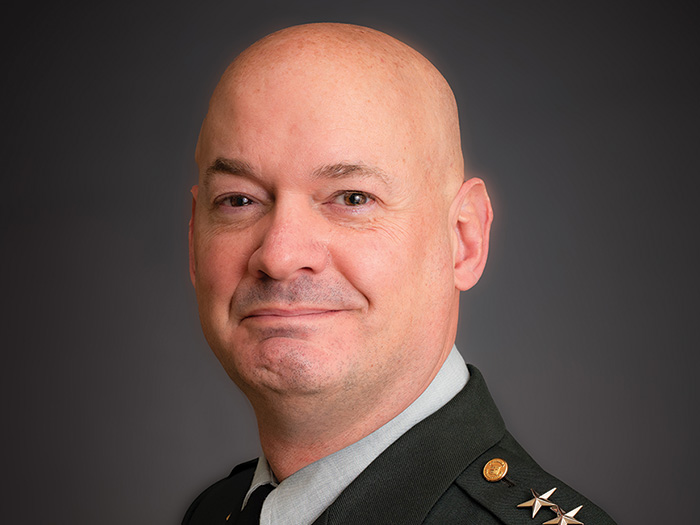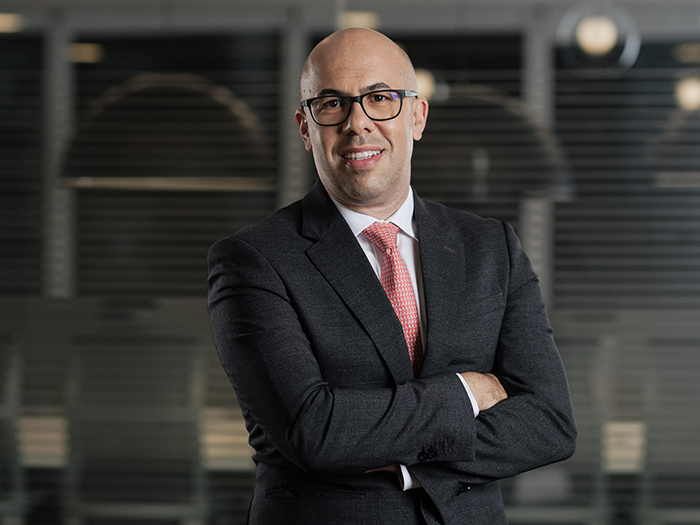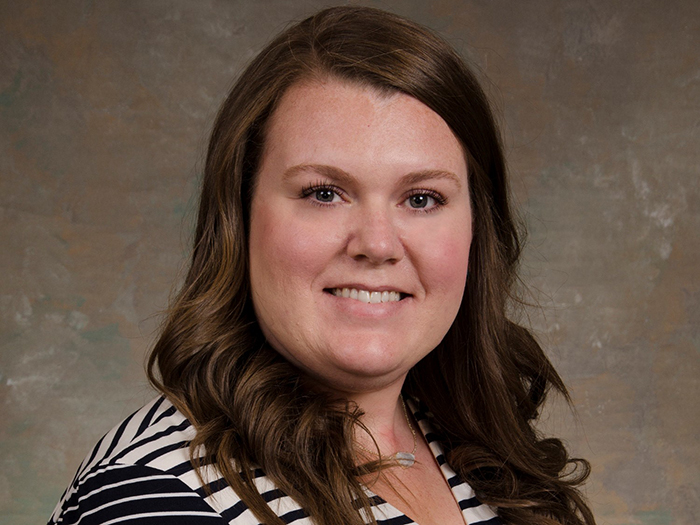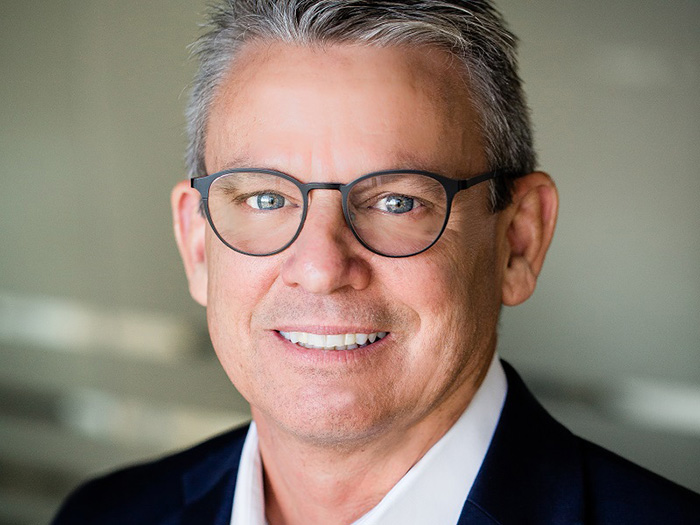How Norwich University’s President Stepped into His Students’ Shoes and Became a True Advocate During COVID

The hallmarks of young adult life for many include the transition from high school to college, the exploration of career opportunities through internships, and importantly, living in a shared setting with peers, often for the first time.
For 18 months now, those essential coming-of-age transition points have been stunted by the COVID-19 pandemic.
Universities instituted isolation mandates on campuses last year, but none of them did what Norwich University president Mark Anarumo did — live under these conditions in the dorms themselves.
“We had to balance COVID infection rates against a depressed state of mental health, it was very frustrating,” Anarumo said. “That age group is not built to go into any kind of isolation, but we didn’t want to have COVID infection rates be the only metric for evaluating health.”
Anarumo lived in two different dorms, one on each side of the campus, to provide the type of empathetic leadership that showed administrative solidarity with students.
What he discovered was far more profound.
He provided his personal cell phone number to students so that they could call and voice concerns, or even if they just needed space to vent.
“I did that so no one would knock on my door and break quarantine rules, because I wanted to make sure I was doing things correctly. My cell phone [number] made the rounds very aggressively. I was getting calls literally from about 6 a.m. to about 4 a.m. in a 24-hour cycle,” he said.
“Some people were just curious if it was real or not, but some of the most endearing exchanges were calls at 2 a.m. wanting to FaceTime from the dorm room across the hall and wanting to compare rooms. You could see on their faces in the course of a 15 minute FaceTime they knew we understood and that the school is with them.”
However, some conversations waded into different territory.
“My most powerful exchange was in the stairwell of the dorm at 3 in the morning. I saw these eyes peering up from the stairwell. This young man came apart in the stairwell and said, ‘I need to be here, I don’t think people understand what it means for me and my friends to be on campus. Please fight and don’t let them send us home,’ ” Anarumo recalled.
“I also got some calls where students said they heard me speak about mental health and that they weren’t in a good place — them crying, me crying, and then they would explain their family situation.”
These cases led to a major financial decision for NU.
At Anarumo’s behest, leadership decided to refund prorated room and board for students who chose to leave the dorms. Despite the fact that this decision caused the university to operate at a loss for the year, Anarumo sees it as the only correct choice.
“We look at individual health in a holistic way where you can say, it’s not just about COVID rates, but looking at university health, if you just look at it fiscally, it was a terrible decision. What finally broke the conversation is when I asked, ‘What is the cash value of a young man or woman who takes their own life on campus?’ ” he said.
Ultimately, the decision paid dividends.
Anarumo emphasized the role older adults must play in mental health advocacy for burgeoning adults: “They deserve us fighting for them.” &
 Every year, Risk & Insurance selects deserving candidates to become Risk All Stars. These are risk managers who, through their perseverance, passion and creativity, make a big difference to the stability of their organizations.
Every year, Risk & Insurance selects deserving candidates to become Risk All Stars. These are risk managers who, through their perseverance, passion and creativity, make a big difference to the stability of their organizations.
See all the 2021 Risk All Star Winners here.








